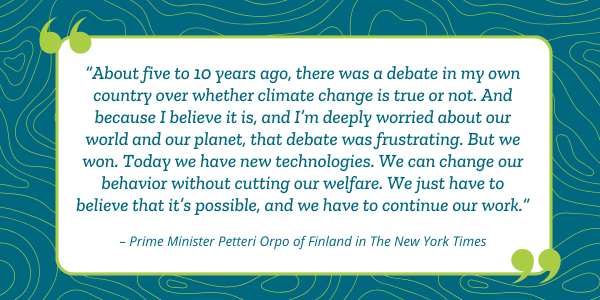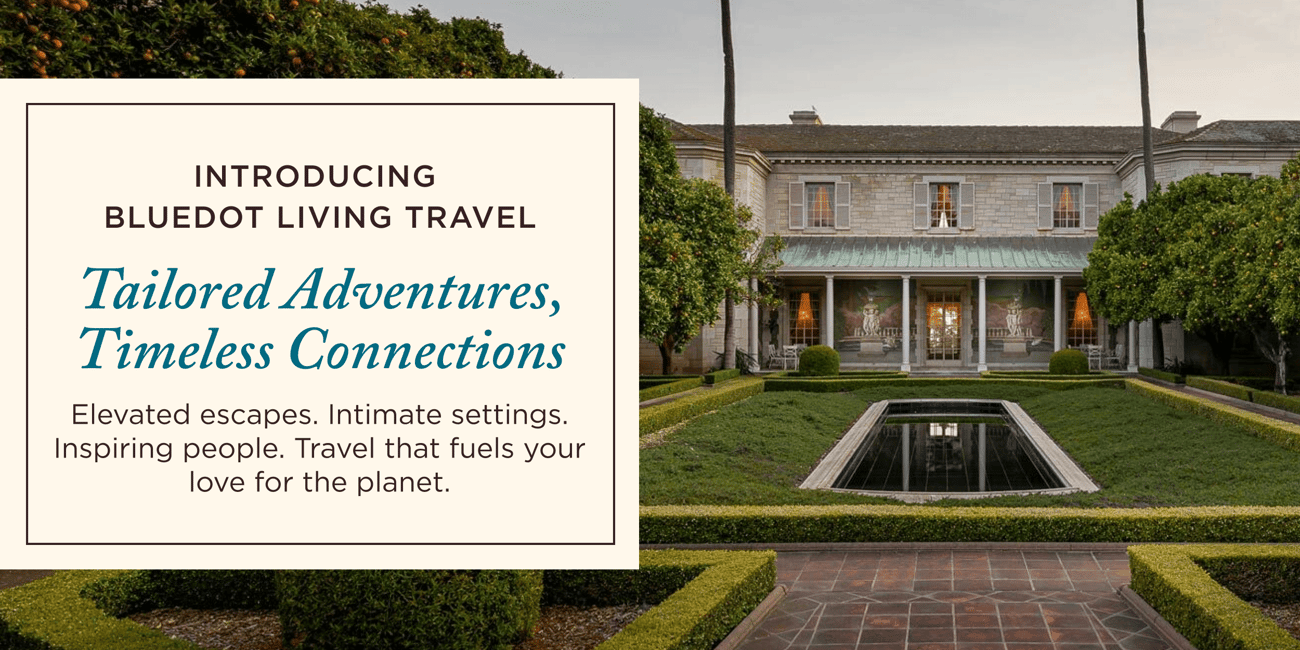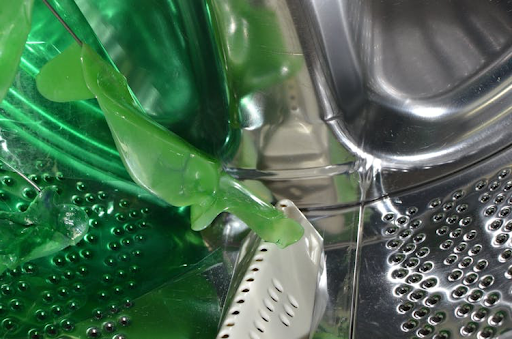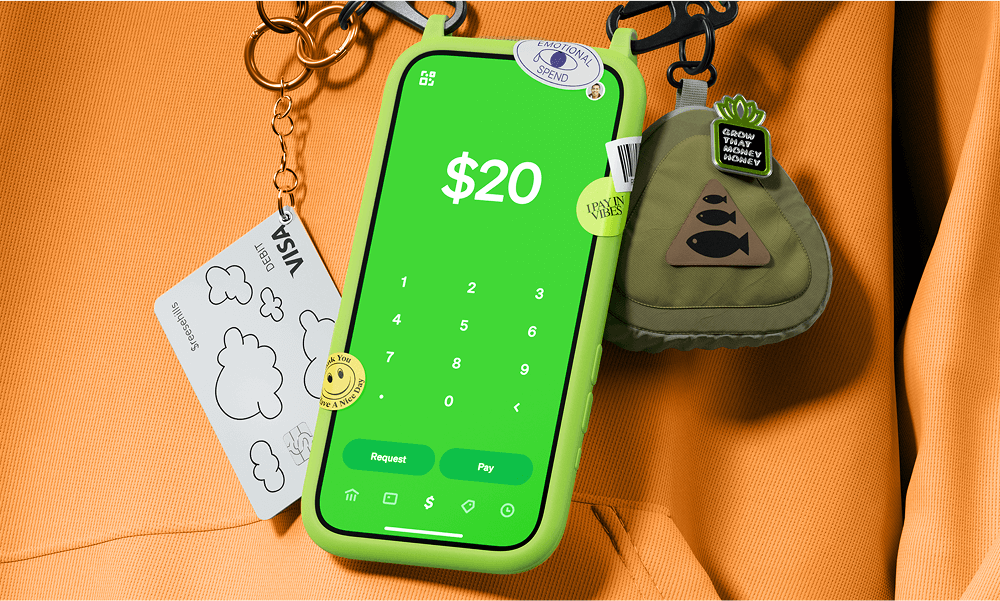|
|
|
|
|
|
|
Welcome to Your Daily Dot where Dot will share tips, advice, and stories on how we can make our world better. |
|
|
|
|
|
If you purchase anything via one of our links, including from Amazon, we may earn a small commission.
All Dear Dot illustrations by Elissa Turnbull. |
|
|
 |
|
|
|
Dear Reader,
There’s a debate — hope vs. nope — among those in the climate communication sphere. Hope, it is sometimes argued, is necessary for people to get engaged in action to protect our planet, while the “nopes” argue that it’s little more than toxic positivity. Hope is passive, says marine biologist Ayana Elizabeth Johnson, “insufficient.” The “nopes,” like Johnson, are far more likely to cite tenacity, and a deep responsibility to each other as motivators for the work they do.
Which is why I think the latter part of Prime Minister Orpo’s quote is worth noting. It’s not just that the people of Finland — and certainly the country’s decision makers — believed it was possible to create change; it’s that they did the work necessary to make it actually happen. They changed their behavior, as he pointed out, and they did it without dismantling or harming the structures that took care of citizens.
It’s one of Dot’s great frustrations that, somehow, taking action on climate became synonymous with a reduced quality of life, as if our current model of rampant consumerism, oversized vehicles, and nutritionless food is something to aspire to. How is it possible to associate cleaner air, pedestrian-friendly cities and good public transport, and healthy, fresh, affordable, and accessible food with a poorer lifestyle?
No matter. We can look to communities that are acting to build the policies and structures that not only combat climate but take care of all of us. We can believe it’s possible and, far more importantly, we can take the actions necessary to ensure it happens.
Resolutely,
Dot
|
|
|
|
 |
|
Be among the first to experience a Bluedot Living–curated travel experience, where you’ll connect with local environmental change-makers and enjoy carefully designed all-inclusive itineraries and farm-to-table dining, all in exquisite locales. With five trips scheduled for 2026, ranging from Hollywood, California, to Martha’s Vineyard and Nantucket, there’s a destination to suit every traveler. |
| Explore Our Destinations |
|
|
|
|
|
Paid Advertisement with Truly Free Home |
This Is The Most Toxic Thing In Your Laundry Room
|
 |
|
You wash your clothes to keep them clean and safe, but what if your detergent is doing the opposite?
Experts now warn that many top-selling detergents leave behind toxic residues that stick to your clothes and soak into your skin, even after rinsing.
These chemicals are absorbed into your skin, breathed into your lungs, and even transferred onto your bed sheets, underwear, and baby clothes.
Some of the worst offenders are hidden behind vague labels like “fragrance” or “brighteners,” which often contain hormone disruptors, carcinogens, and synthetic chemicals banned in other countries.
And the most shocking part is detergent companies aren't even required to list most of these ingredients.
Which is why thousands of families are ditching traditional detergents and switching to this safer, non-toxic alternative.
|
| Read the full story here >> |
|
|
|
|
|
|
|
|
|
|
|
|
|
Paid Advertisement with Cash App |
Teach them money habits that last |
 |
|
Helping your teen learn to manage money is a big step, and Cash App Card makes it easy for both of you. They get a secure debit card and easy ways to save and send money, while you stay in the loop every step of the way.
All with no monthly or hidden fees for you or your teen.
Why millions of families trust Cash App Card:
**Instant discounts on everyday spending?**
Add offers and save on groceries, restaurants, rides, and more.
No monthly or hidden fees
?Shop in-store and online where Visa is accepted with no monthly or hidden fees.
24/7 fraud monitoring
Avoid scams before they can happen with proactive security features.
Oversight and controls
Review your teen’s spending, control who can send them requests, and lock their card if it’s ever lost or stolen.
|
| Get started |
|
Cash App is a financial services platform, not a bank. Banking services provided by Cash App's bank partner(s). Prepaid debit cards issued by Sutton Bank, Member FDIC. See Terms and Conditions. Offers and discounts provided by Cash App, a Block, Inc. brand. |
|
|
|
|
|
|
|
|
|
|